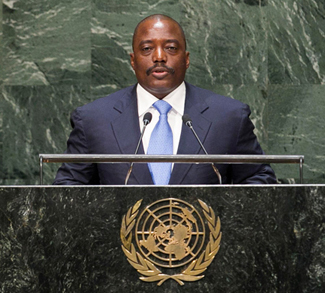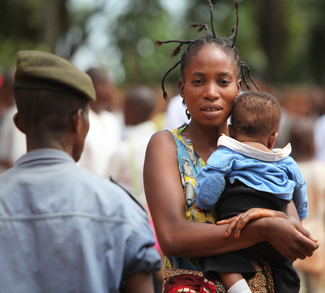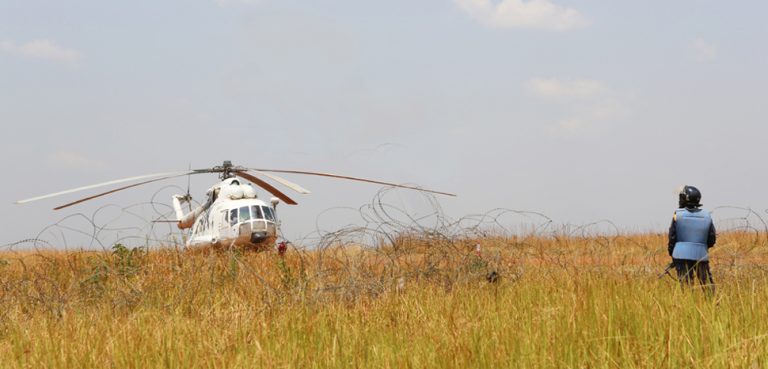Summary
Since Democratic Republic of Congo’s President Joseph Kabila subverted constitutional term limits last year, the political situation in the country has been fragile. Violence on the streets between protestors and members of the security services has already killed dozens of people in a series of clashes in 2016, and the situation has been further complicated by the death of long-time opposition leader Étienne Tshisekedi, who had been set to lead a transitional council as part of an agreement put together late last year. This agreement was supposedly aimed at paving the way for Kabila to leave power in 2017, refraining from running for a third term as president. His son Felix Tshisekedi is now expected to become prime minister in the new power-sharing government, assuming the agreement still holds.
Background
Holding steady? The power-sharing arrangement was brokered in December by the influential Catholic Church, and may still hold despite a fragmented opposition; few ordinary Congolese have much respect for their politicians of any stripe, though few yet support the ethnically unrepresentative, corrupt, and brutal Kabila regime. Both the opposition and the weak central government therefore have reasons to hope the truce will hold, since it furthers the interests of both parties. It gives Kabila a chance to hold onto some of his ill-gotten wealth and power, and gives the divided opposition a chance at acquiring influence at a national level that is currently beyond their often-local powerbases.




